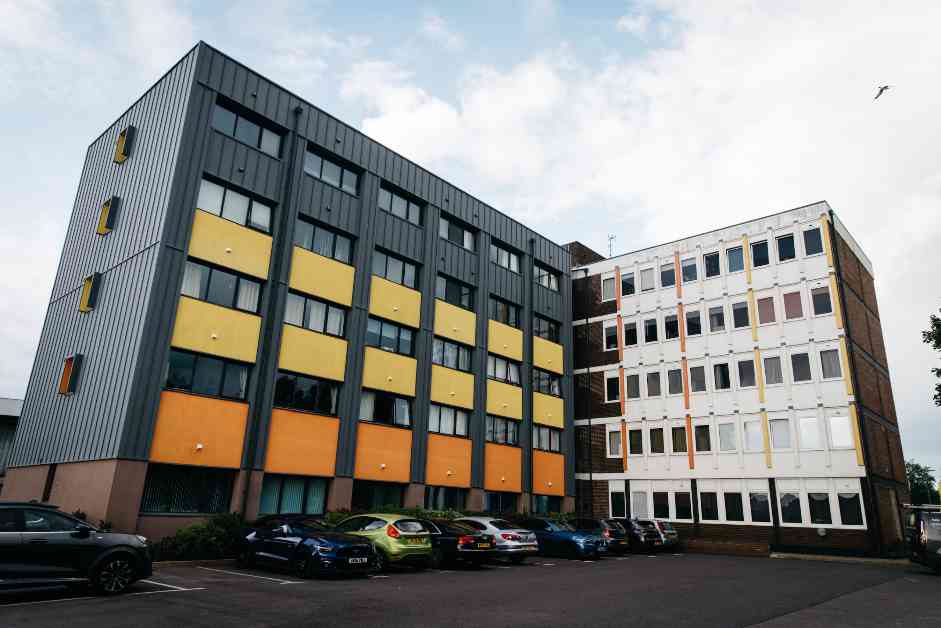**Labour’s Proposal to Abolish Leasehold System: What Changes are Coming**
Leaseholders across the UK have been advocating for the abolition of the feudal leasehold system, which has left many feeling powerless and burdened with rising costs. The Labour government has now announced plans to take steps to end this system, marking a significant moment for leaseholders.
**Reforming the Leasehold System**
Labour’s plan includes making it easier and more affordable for leaseholders to extend their lease or buy their freehold. They aim to address unregulated and costly ground rents, eliminate the threat of forfeiture, and prohibit the sale of new leasehold flats in favor of commonhold as the default tenure.
Katie Kendrick, founder of the National Leasehold Campaign (NLC), expressed optimism about the proposed changes, stating that meaningful reform appears to be on the horizon.
**Transition to Commonhold**
Under the commonhold system, homeowners own the freehold of their property and participate in a commonhold or residents’ association responsible for managing communal areas. This arrangement offers more control over the management of the building and the assurance of long-term ownership compared to leasehold agreements.
While commonhold was introduced in England and Wales in 2004, its adoption has been limited. The government aims to facilitate the conversion of existing leasehold properties to commonhold and streamline the process for current leaseholders.
**Addressing Rising Costs**
Leaseholders like Emma have experienced escalating service charges and ground rents, making it challenging to sell their properties. Labour’s commitment to regulating ground rents for existing leaseholders aims to provide relief and prevent financial hardships that could jeopardize homeownership.
The government also plans to simplify the enfranchisement process, allowing leaseholders to extend their lease for up to 990 years without ongoing ground rent or buy out the ground rent under their lease. These measures aim to offer more financial stability to leaseholders.
**Accountability of Management Companies**
Issues with unresponsive management companies have plagued leaseholders like Sarah, who faced significant challenges in getting essential repairs done. Labour intends to reform the Right to Manage process to empower leaseholders to take control of their building’s management, providing a solution to unaccountable management practices.
While the proposal focuses on empowering leaseholders to manage their properties, concerns remain about the lack of regulation for property agents, a critical aspect that needs addressing to ensure effective oversight.
**Building Safety Concerns**
Despite efforts to improve building safety post-Grenfell, many leaseholders continue to face risks and uncertainties regarding their properties’ safety. Labour’s manifesto promises to enhance building safety measures and accelerate the pace of remediation projects to safeguard leaseholders from potential hazards and financial burdens.
The absence of specific plans for building safety in the recent government announcement has raised concerns among campaigners, emphasizing the urgency of addressing this critical issue to protect leaseholders.
**Conclusion**
As the government prepares to introduce a draft Leasehold and Commonhold Reform Bill, leaseholders are cautiously optimistic about the proposed changes. However, the road to reform is expected to be lengthy, with parliamentary approval potentially not coming until late 2025 or 2026.
In cities like Bristol, where the housing market poses challenges for residents seeking stability and security, the need to overhaul the leasehold system is pressing. By prioritizing the interests and well-being of leaseholders, Labour’s proposed reforms offer hope for a more equitable and transparent homeownership landscape.













